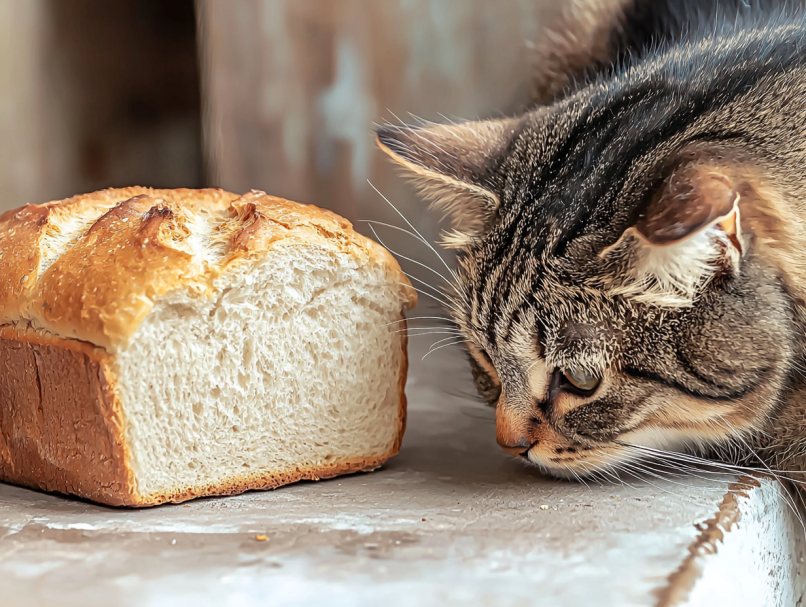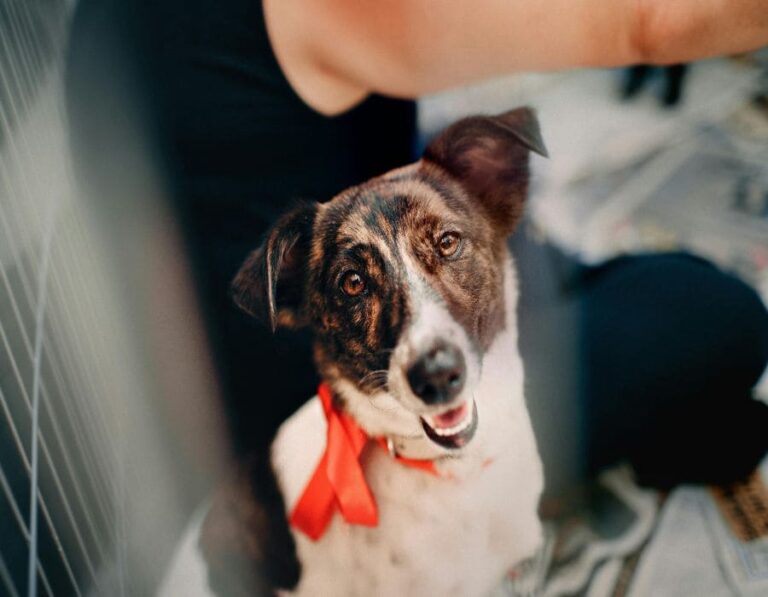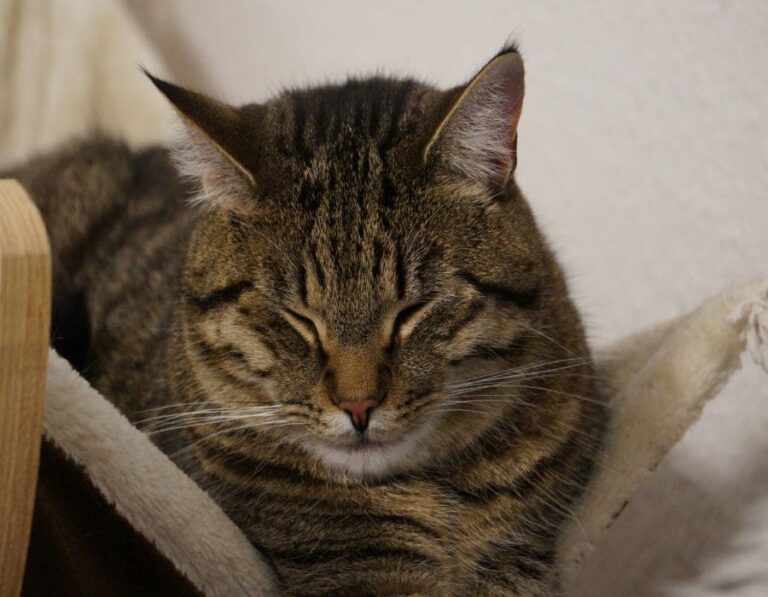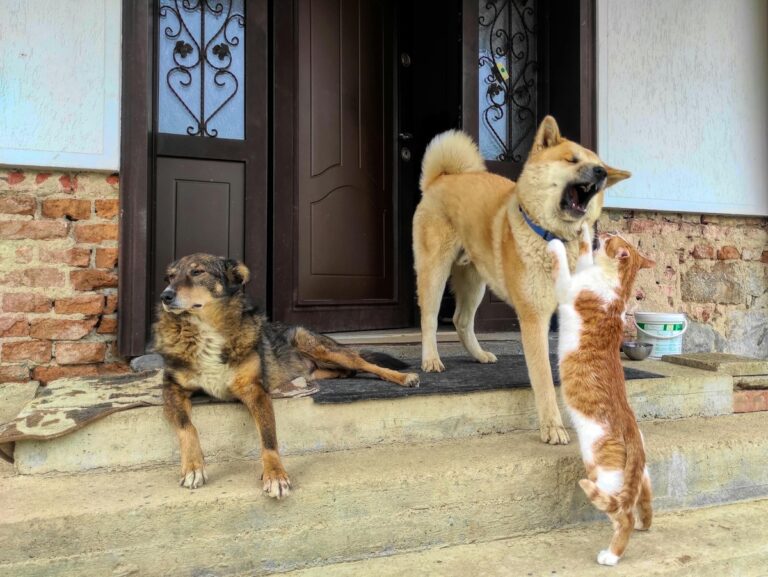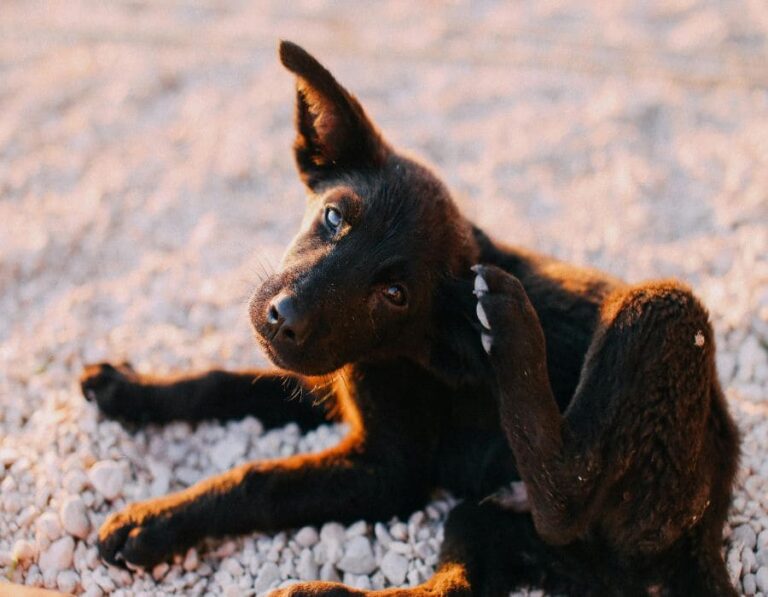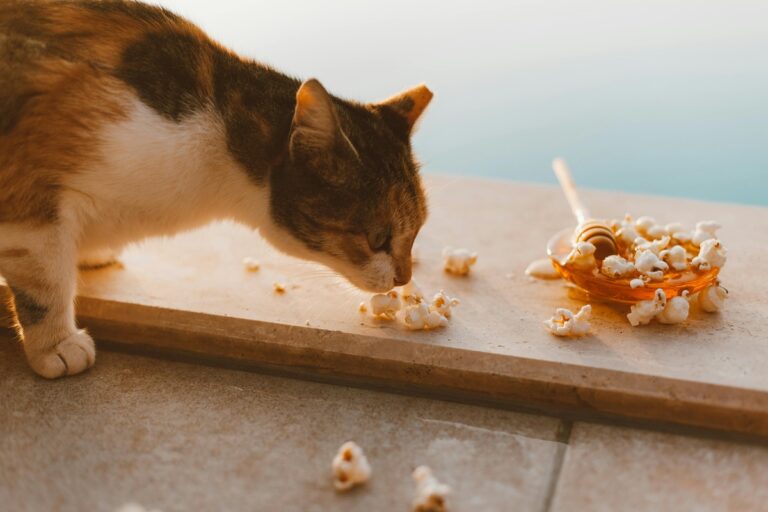15 Things You Should Never Feed Your Cat
Cats are curious eaters, often sniffing around for a taste of whatever you’re enjoying. But just because they seem interested doesn’t mean it’s safe for them to eat. Some everyday foods can harm your feline friend, causing everything from mild stomach upset to severe health problems.
Even the most well-meaning cat owners can accidentally give their pets something harmful. To keep your furry companion safe and healthy, it’s essential to know which foods to avoid. Here are thirteen common foods your cat should never eat—and why they’re dangerous.
1. Tuna
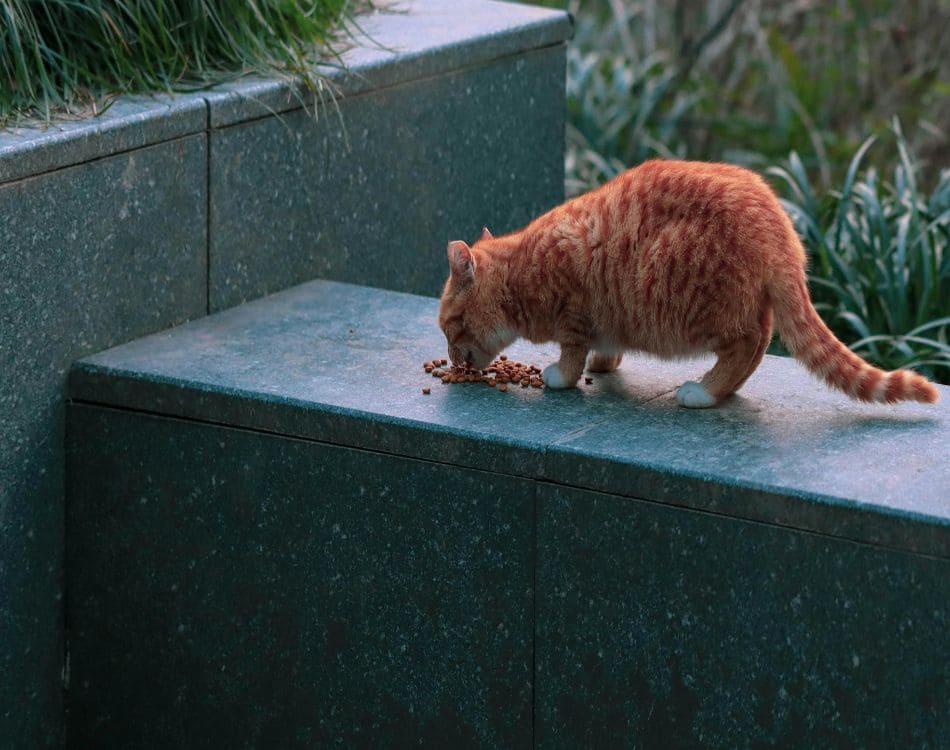
While many cats adore tuna, too much of it can cause malnutrition or mercury poisoning. Tuna for humans lacks the essential nutrients cats need, so offering it as a treat occasionally is fine, but a steady diet could harm their health.
2. Caffeine
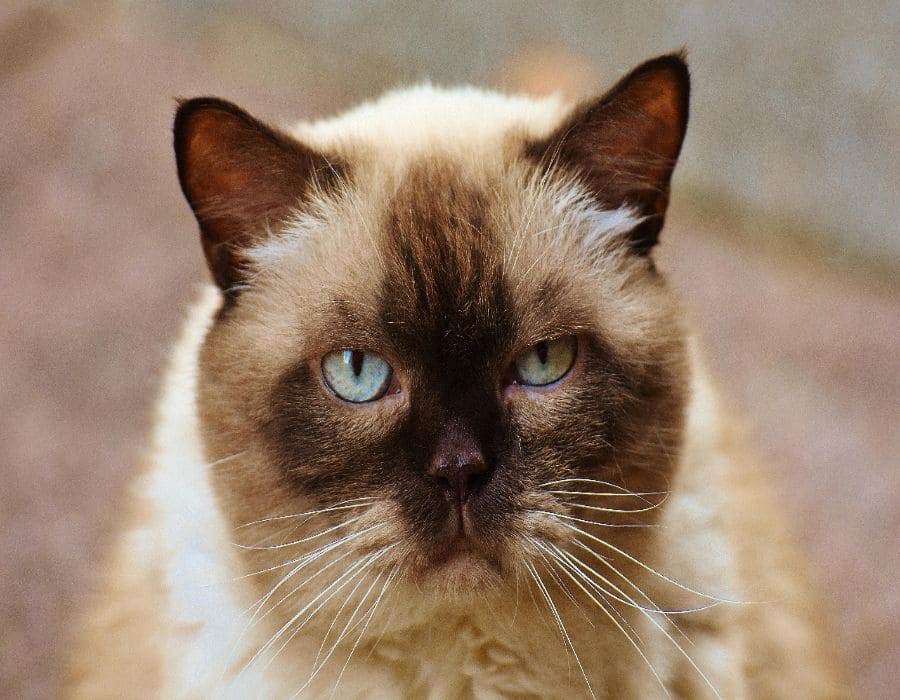
Found in coffee, tea, energy drinks, and even some medications, caffeine can quickly lead to restlessness, rapid heart rate, tremors, and seizures in cats. Unlike humans, cats have no tolerance for stimulants, and even a small amount can be life-threatening. Always keep caffeinated products away from curious paws.
3. Onions, Garlic, and Chives
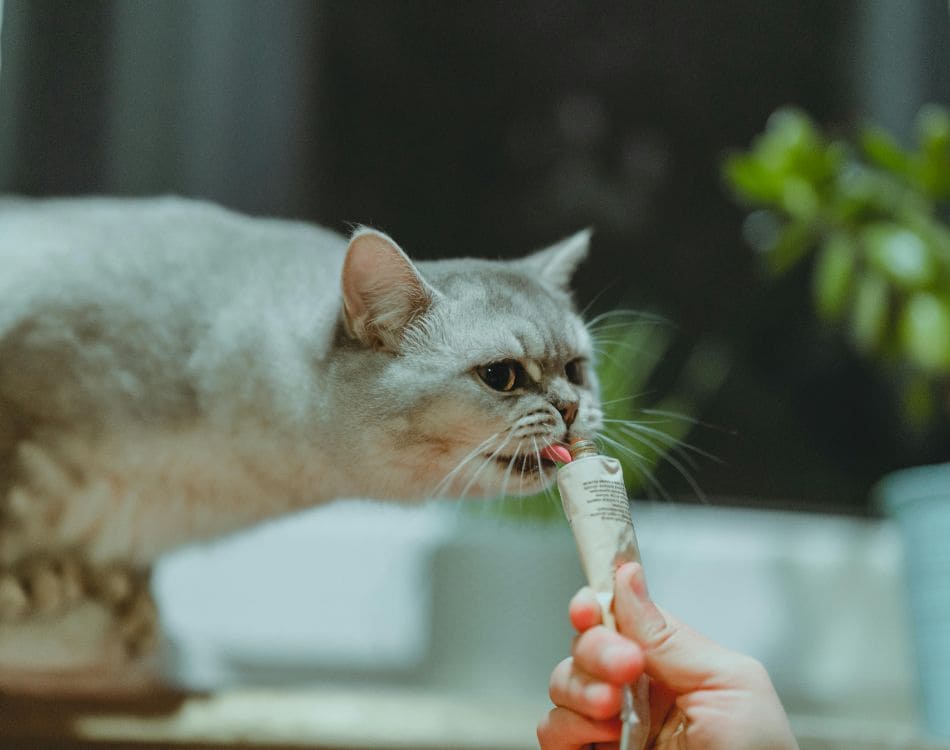
These flavorful ingredients are toxic to cats, damaging their red blood cells and potentially leading to anemia. Even small amounts consumed regularly or hidden in foods like baby food can cause serious health issues. Garlic, in particular, is even more potent than onions.
4. Milk and Dairy Products
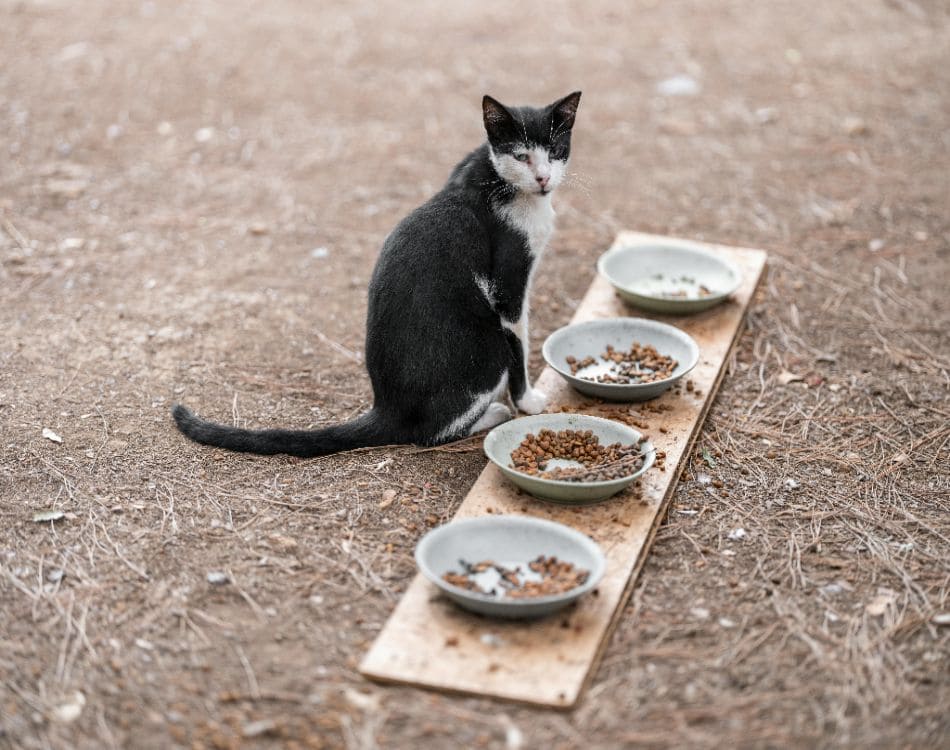
Despite the popular image of cats enjoying milk, most are lactose-intolerant. Feeding them dairy can result in stomach upset, including diarrhea, due to their inability to digest lactose properly. It’s better to stick with water or lactose-free alternatives.
5. Grapes and Raisins
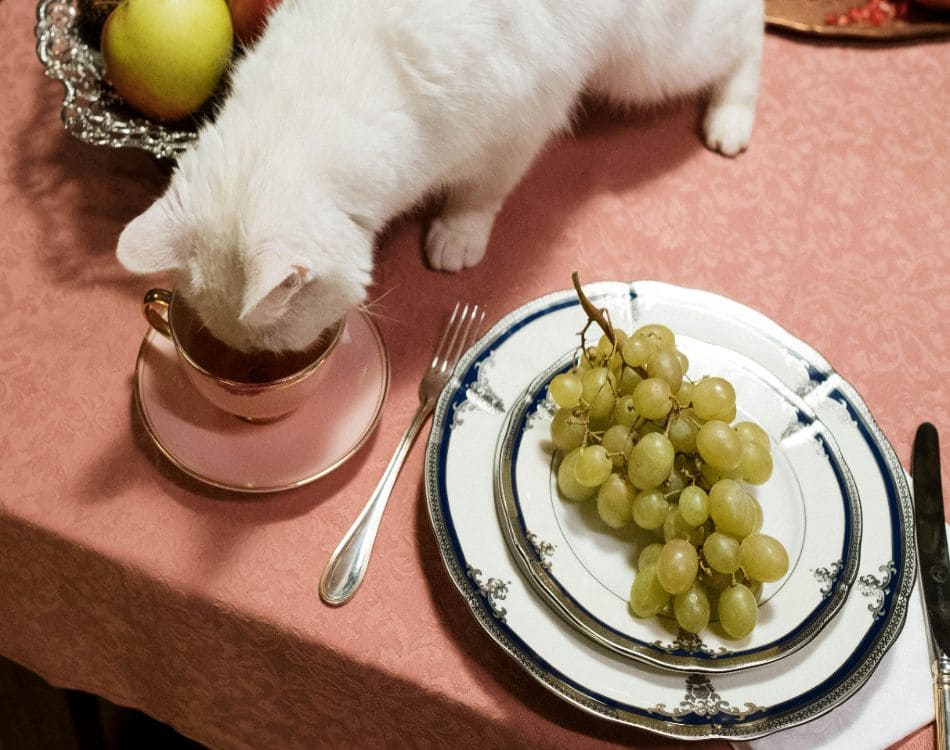
Although the exact cause is unclear, grapes and raisins are toxic to cats, potentially leading to kidney failure. Even small amounts can make your cat ill, with symptoms like vomiting or hyperactivity appearing early. It’s best to avoid these fruits altogether.
6. Chocolate
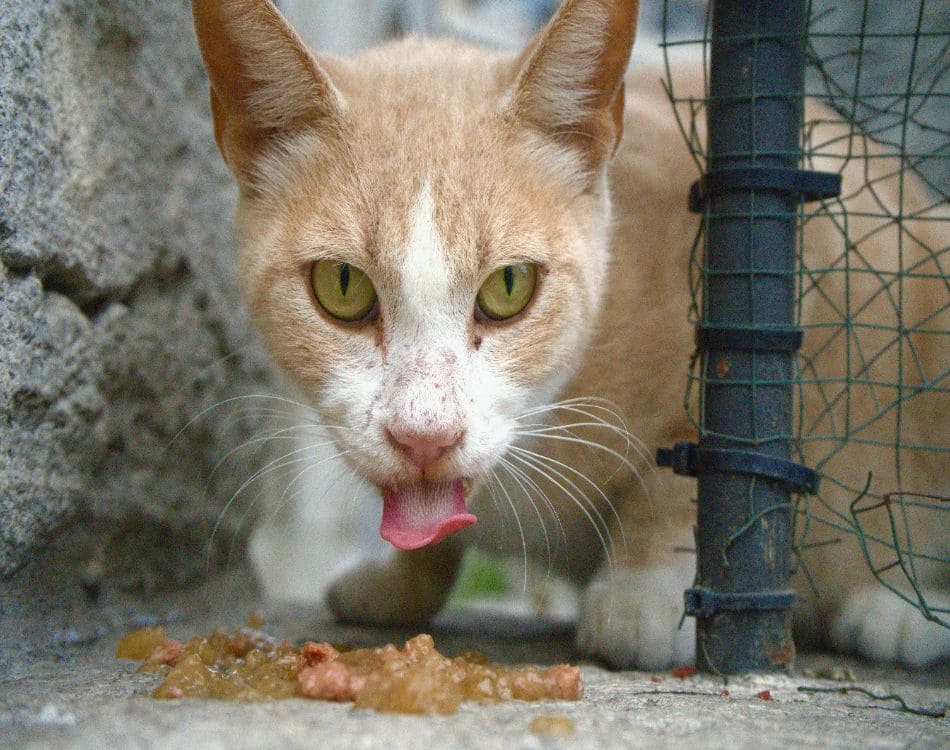
Chocolate contains theobromine, a compound toxic to cats. Dark chocolate and unsweetened baking chocolate are especially dangerous, causing symptoms like tremors, seizures, and even death. While most cats won’t eat it on their own, any exposure should be taken seriously.
7. Fat Trimmings and Bones
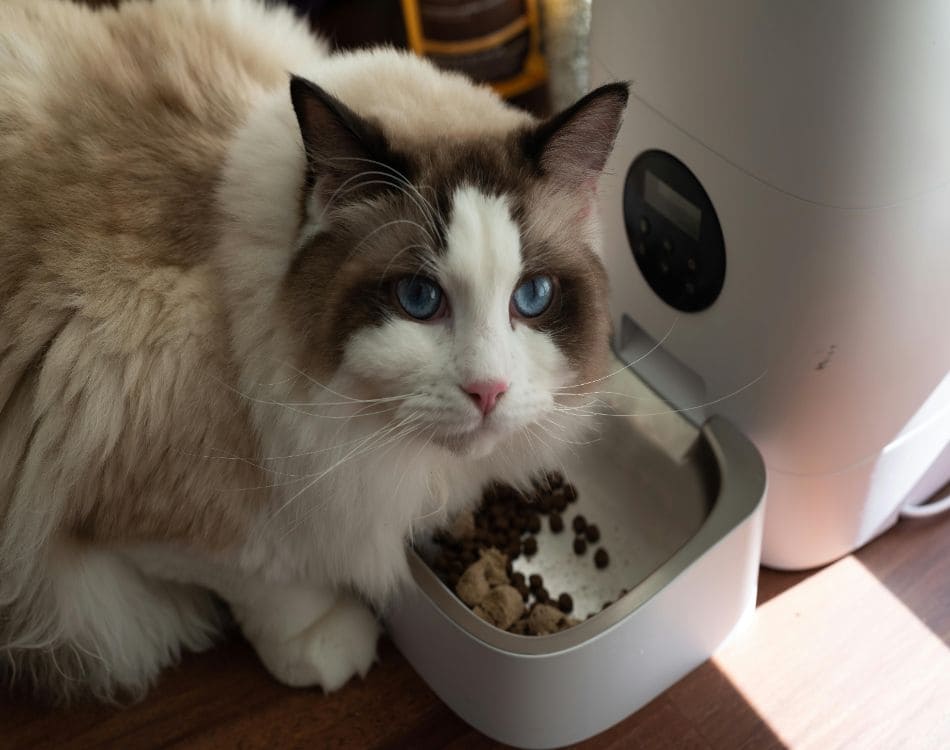
Feeding your cat table scraps like fat trimmings or bones can lead to serious issues. Fat can cause digestive upset, while bones can splinter, creating a choking hazard or causing internal injuries. It’s safer to avoid giving them these leftovers.
8. Raw Eggs
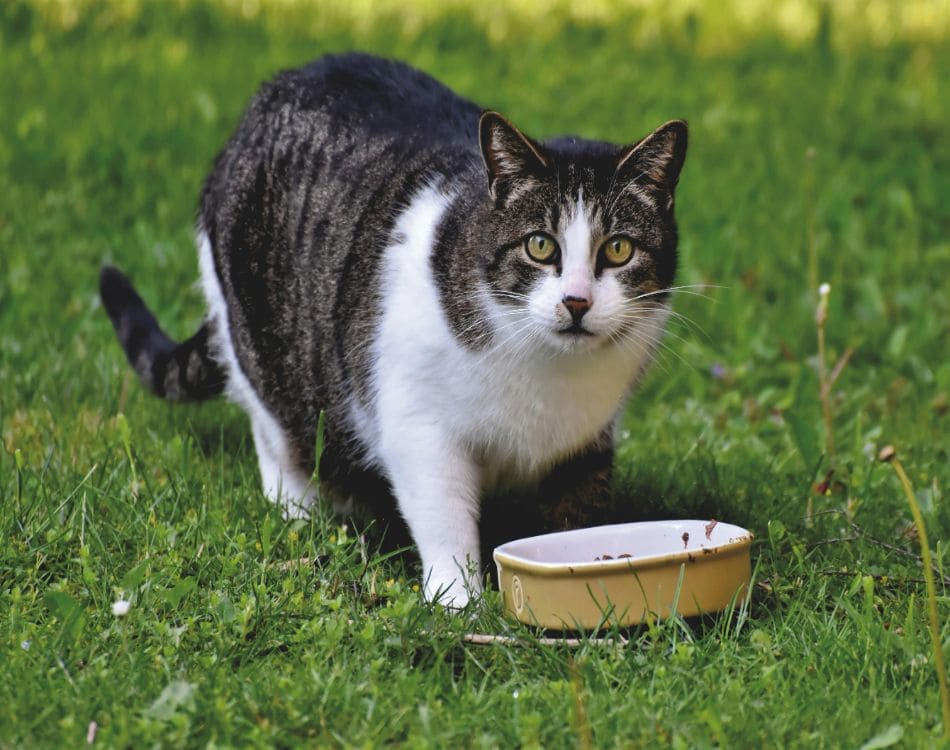
Raw eggs pose two risks for cats: food poisoning from bacteria like salmonella and a rare issue with avidin, a protein that can interfere with biotin absorption. This can lead to skin problems and a poor coat, so it’s best to keep eggs cooked occasionally.
9. Raw Meat and Fish
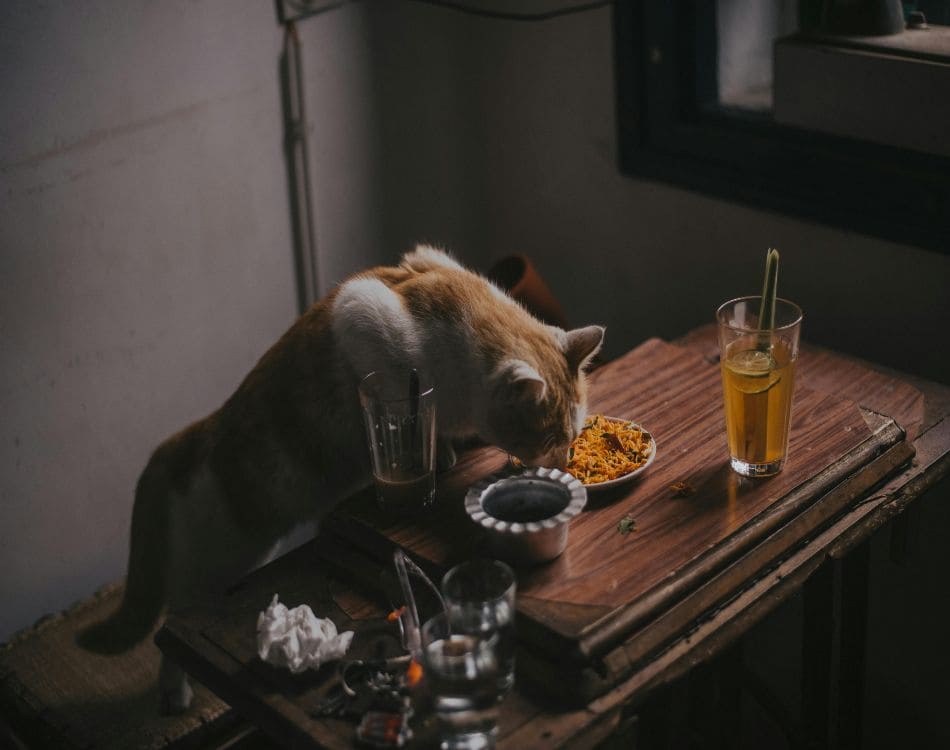
While cats are natural carnivores, raw meat and fish can carry harmful bacteria that cause food poisoning. Additionally, an enzyme in raw fish destroys thiamine, a crucial B vitamin. A deficiency can lead to severe neurological issues, including convulsions and coma.
10. Dog Food
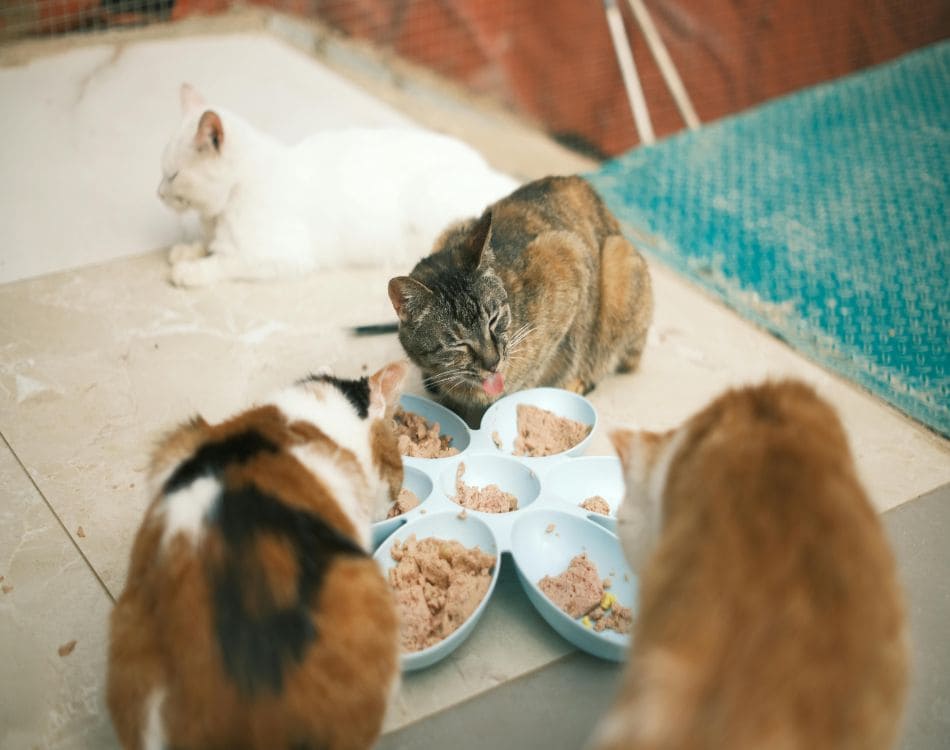
An occasional nibble of dog food won’t harm your cat, but it’s no substitute for their own diet. Dog food lacks the higher protein levels and specific nutrients cats require, and a steady diet of it can lead to malnutrition over time.
11. Liver
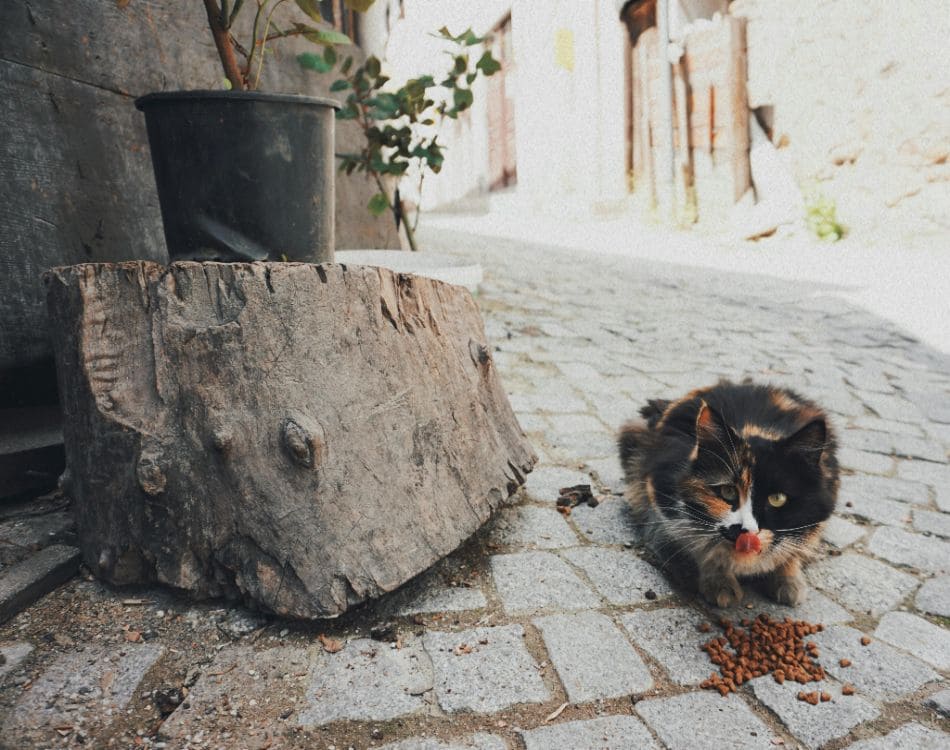
A small amount of liver is fine, but too much can cause vitamin A toxicity, leading to painful bone deformities, growths, or even death. Keep liver treats to a minimum to avoid this serious health condition.
12. Alcohol
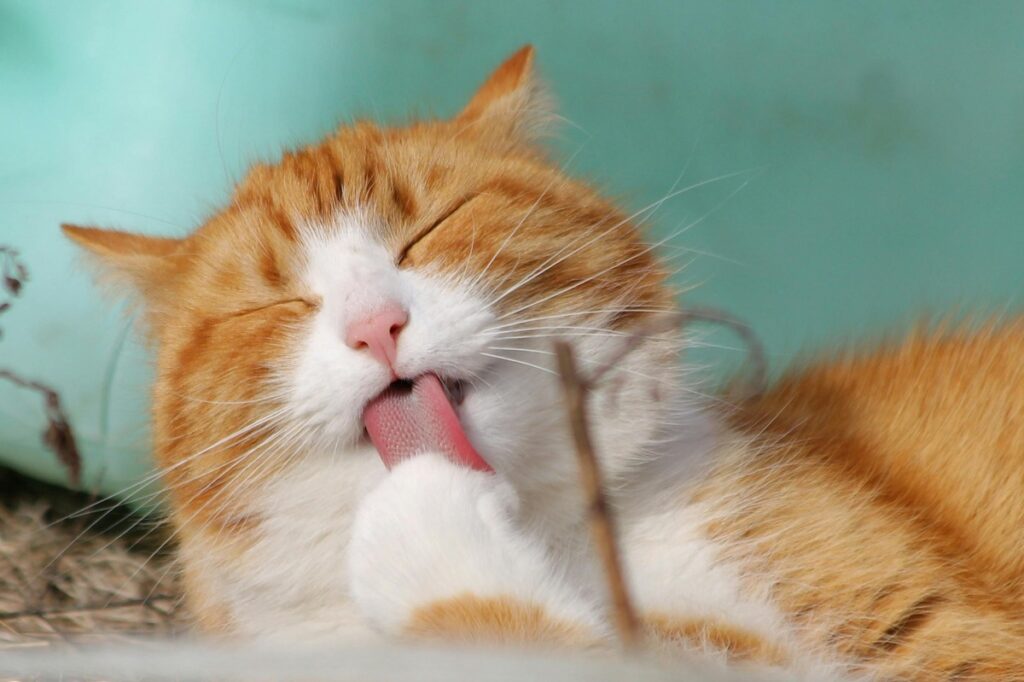
Even a tiny amount of alcohol can be extremely dangerous for cats, causing vomiting, diarrhea, difficulty breathing, and even coma. Their small bodies can’t process alcohol like humans, making it highly toxic. Keep drinks, fermented foods, and alcohol-based products far out of reach.
13. Cleaning Products
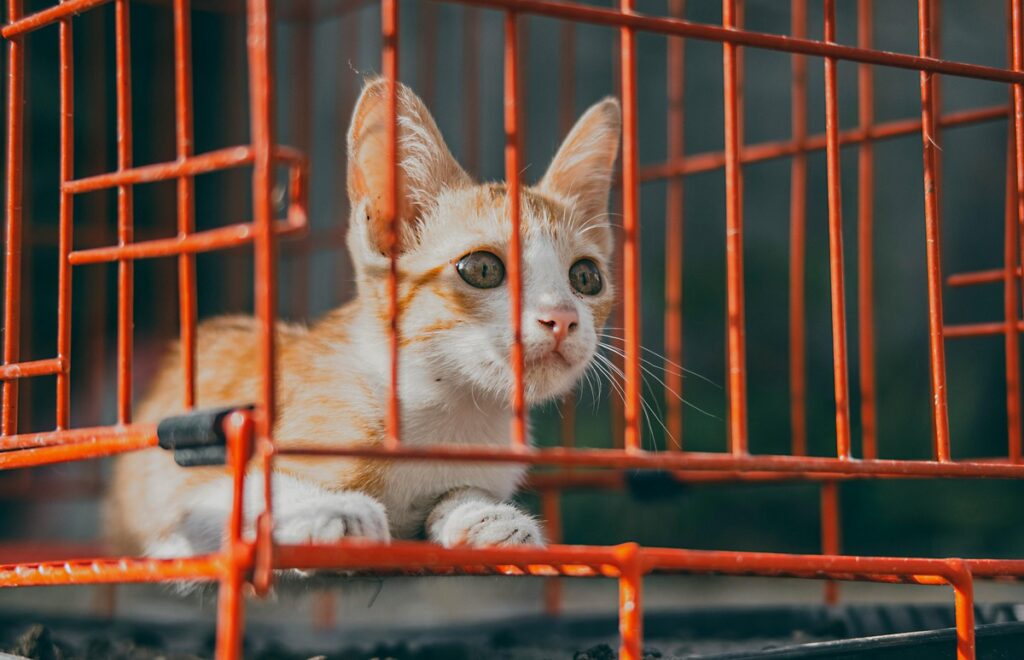
Now this one may seem obvious, who feeds their cat cleaning products? However they might be able to find it themselves. Since cats are inquisitive by nature it is important to always make sure you lock up your cleaning products in a place where the cat cannot reach them.
14. Xylitol
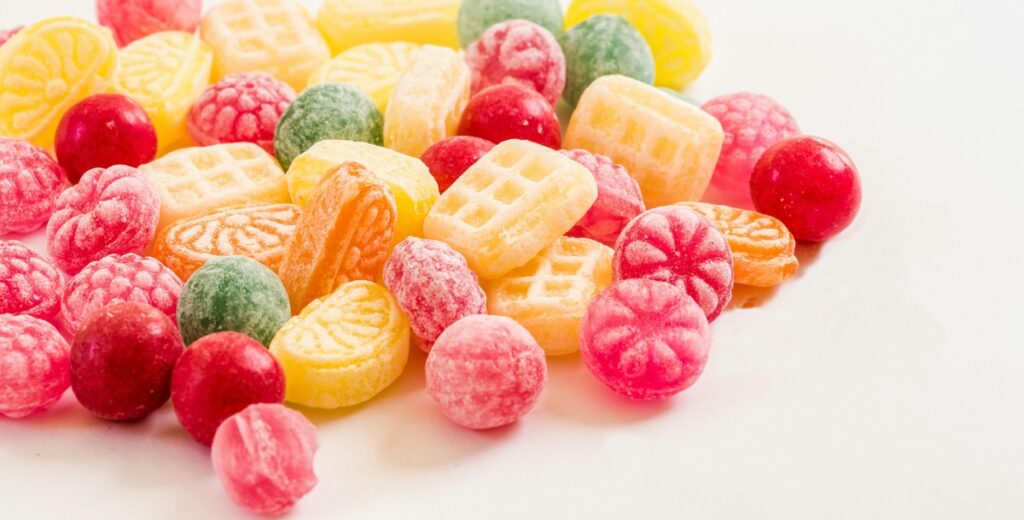
Xylitol is an artificial sweetener found in sugar-free gum, candies, baked goods, and even some peanut butter. It is highly toxic to cats and can cause a rapid drop in blood sugar, leading to symptoms like vomiting, loss of coordination, seizures, and liver failure.
15. Avocados
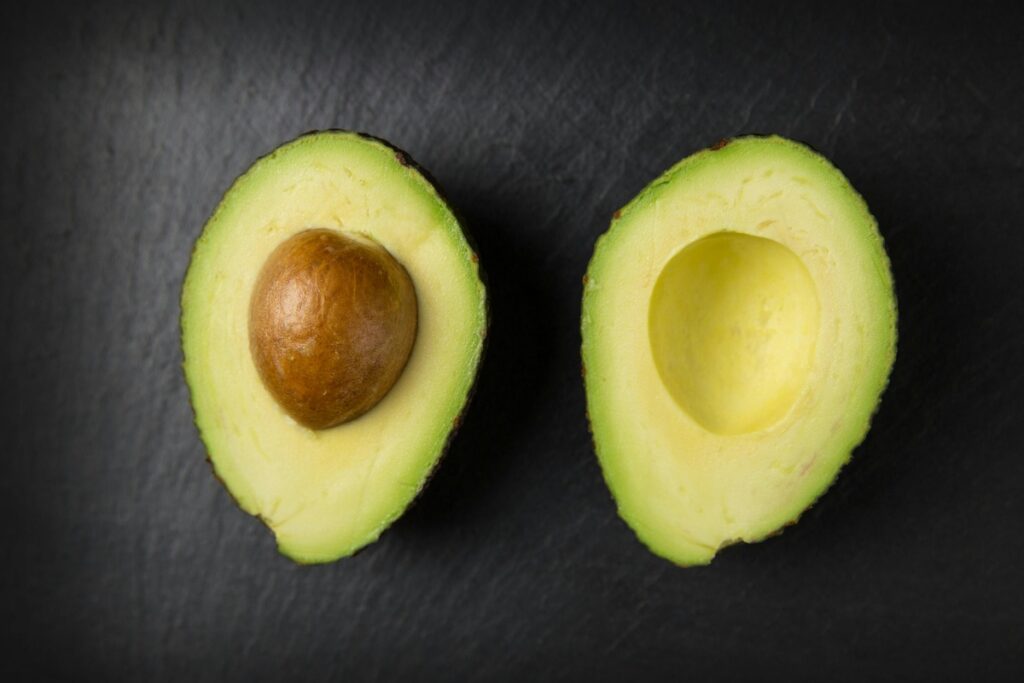
While avocados are safe for humans, they contain a substance called persin, which is toxic to cats. It can cause vomiting, diarrhea, and stomach upset. The pit of the avocado is also a choking hazard and could cause intestinal blockages if ingested.
Conclusion
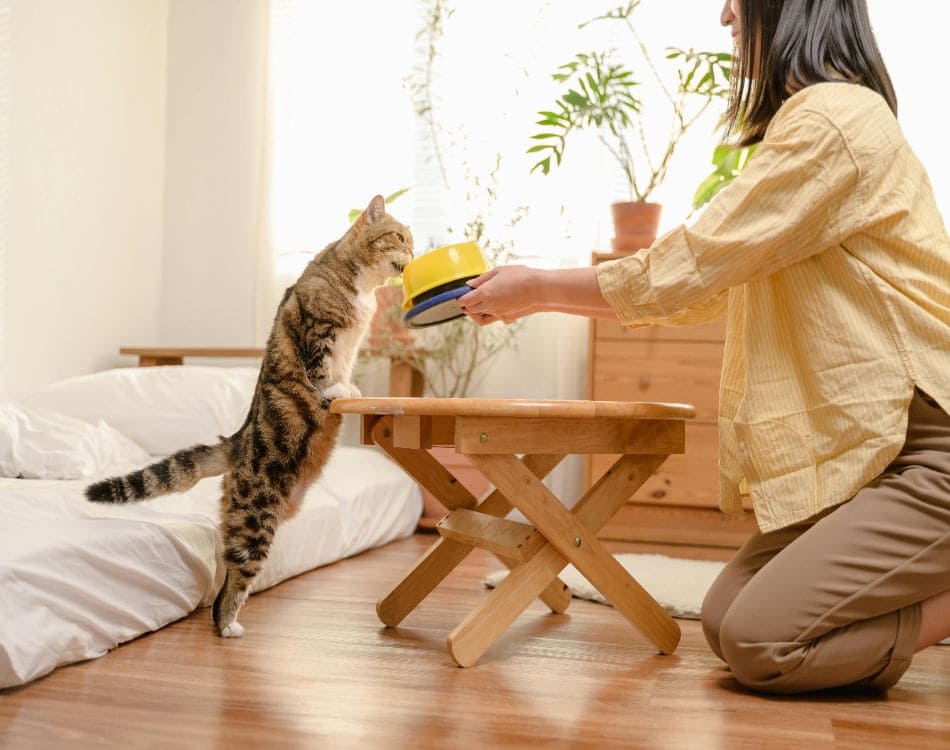
Cats rely on us to make the best choices for their health and well-being. By avoiding these thirteen harmful foods, you can ensure your furry friend stays safe and healthy. When in doubt, stick to veterinarian-approved diets and treats—they’ll thank you with purrs and cuddles!

